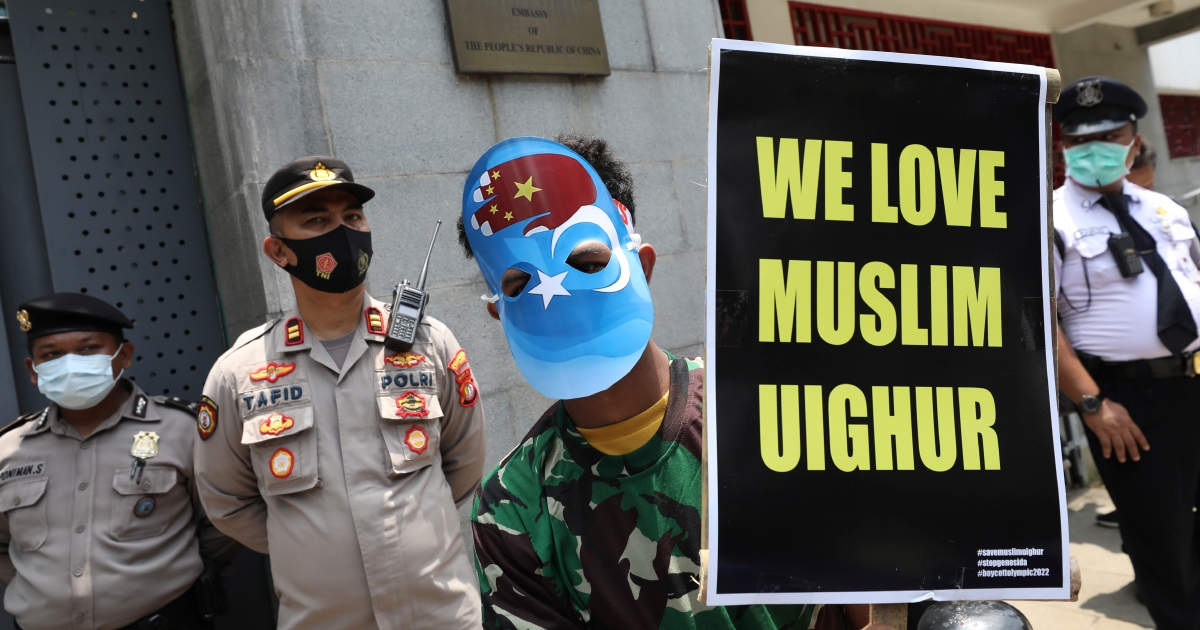Muslim groups boycott Hilton over planned hotel on Uighur mosque
A group of more than 40 Muslim-American civil rights organisations in the United States announced on Thursday a campaign to boycott Hilton Worldwide over what they said is the corporation’s plan to construct a hotel on the site of a Uighur mosque bulldozed by authorities in China’s Xinjiang region. Speaking at a news conference held […]

Muslim groups boycott Hilton over planned hotel on Uighur mosque
A group of more than 40 Muslim-American civil rights organisations in the United States announced on Thursday a campaign to boycott Hilton Worldwide over what they said is the corporation’s plan to construct a hotel on the site of a Uighur mosque bulldozed by authorities in China’s Xinjiang region. Speaking at a news conference held in front of the Hilton headquarters in Virginia, the Council on American-Islamic Relations (CAIR), an organisation at the forefront of the initiative, said they had been “negotiating indirectly” with the hotel group appealing them to cancel the construction plan, but that talks had gone “to no avail”.
“Today, we are announcing a global boycott campaign against Hilton,” Nihad Awad executive director of CAIR said.
“You and I have the choice to choose where to go on your travel or to do business meetings or to hold events, weddings or banquets,” Awad said, adding that the project is a human rights violation that contributes to the destruction of Uighur culture and faith.
China has waged a long campaign against the mostly Muslim Uighur population with mass internments, forcible sterilisations, separating children from families and destroying religious and cultural locations. China has denied the claims.
The site that has prompted the boycott was a mosque in Hotan prefecture, destroyed in 2018, that Hilton plans to turn into a Hampton Inn hotel. Awad said they were made aware of the proposed project in early June. In July, a bipartisan US congressional commission called on Hilton Worldwide not to allow its name to be associated with the hotel project.
About 16,000 mosques in 900 Xinjiang locations were partially or completely destroyed between 2017 and 2020, according to research by the Australian Strategic Policy institute.
